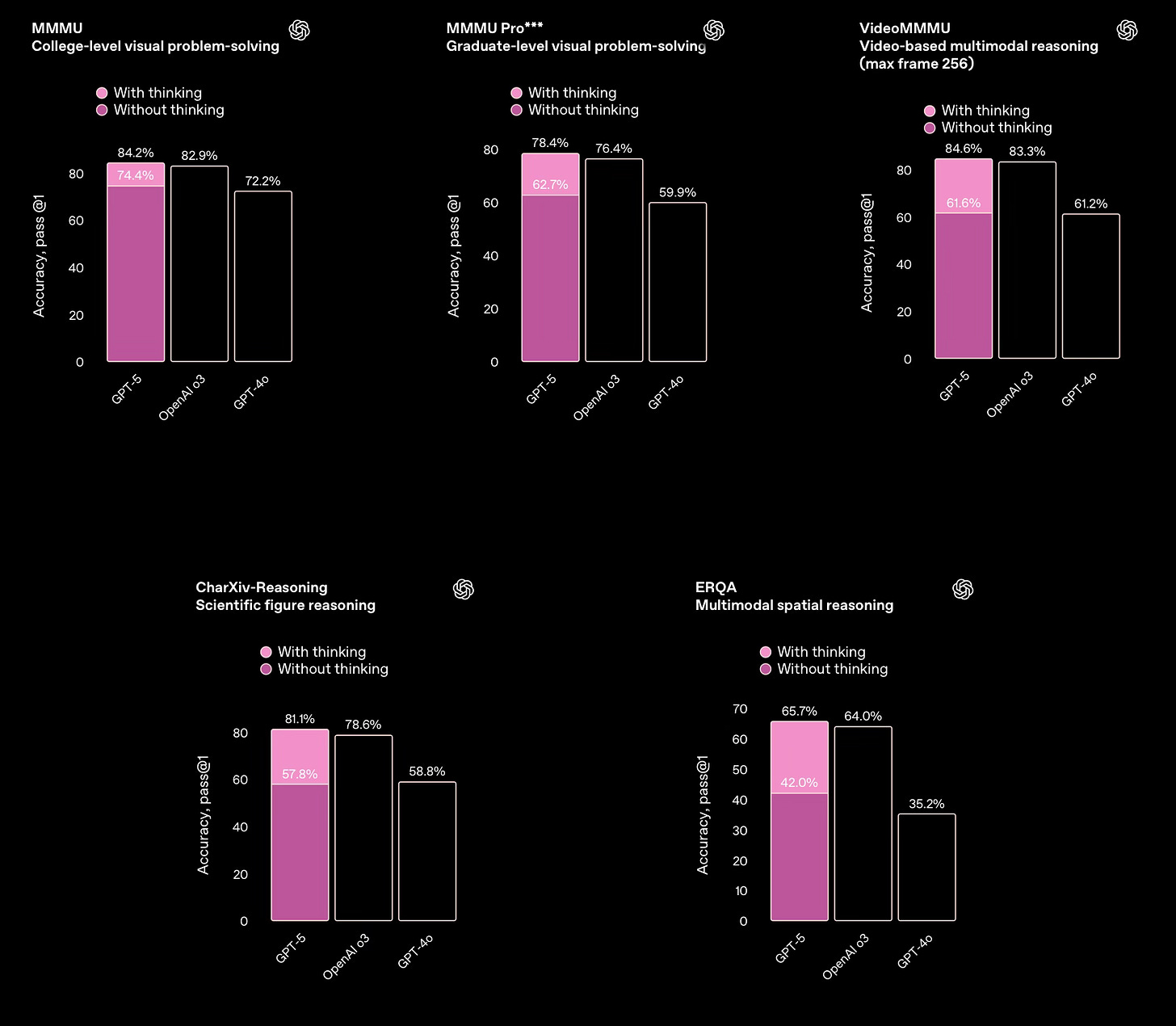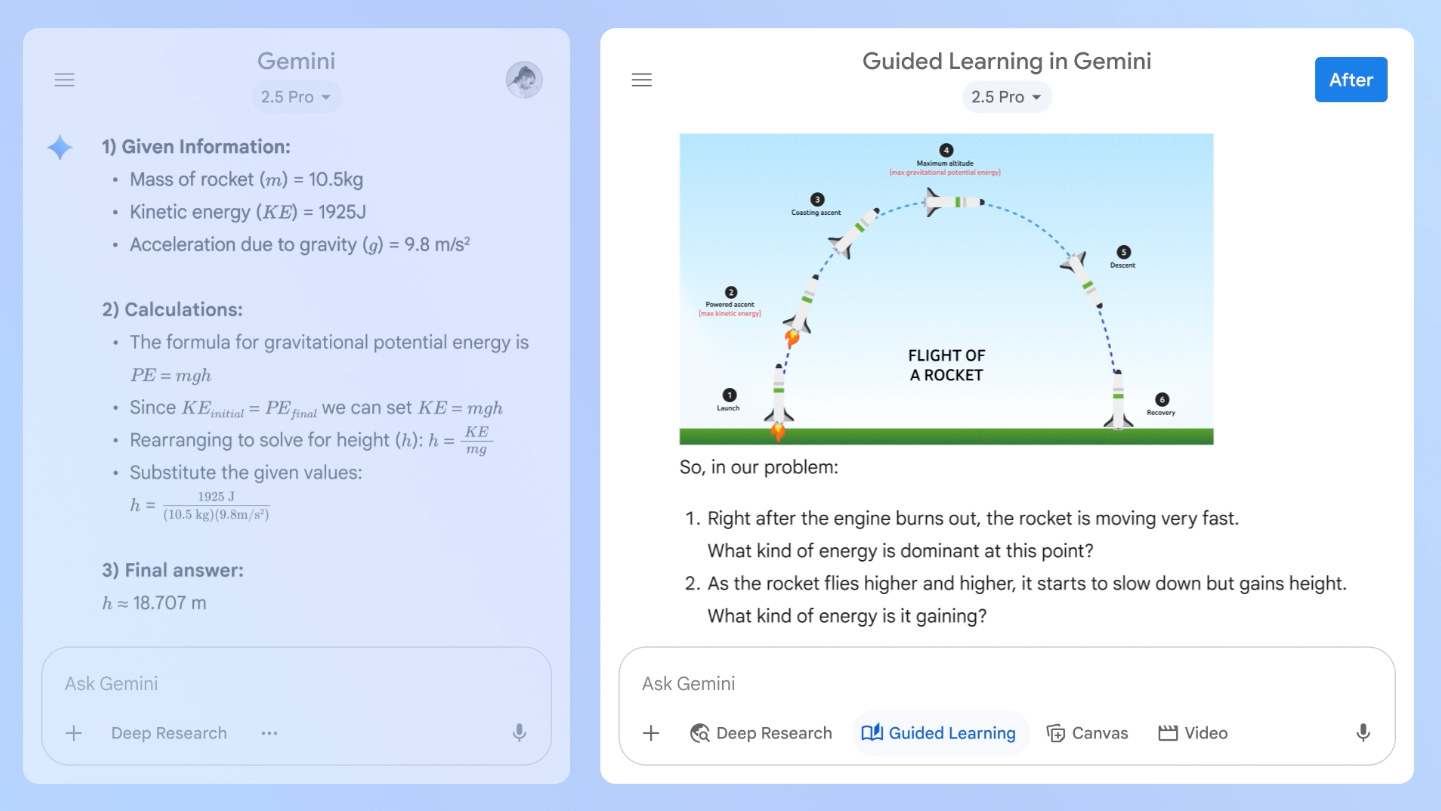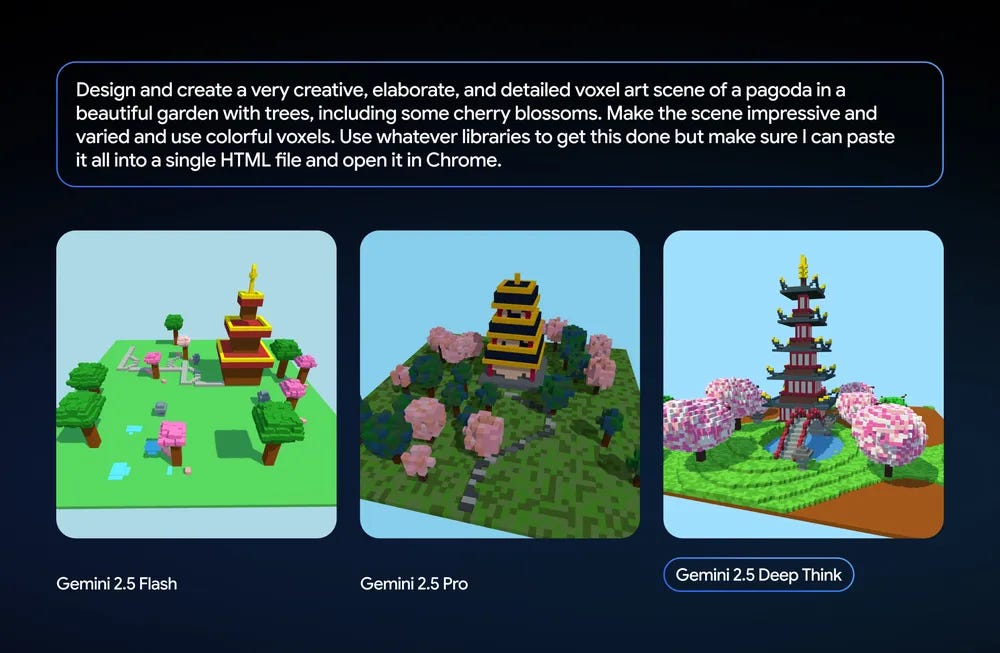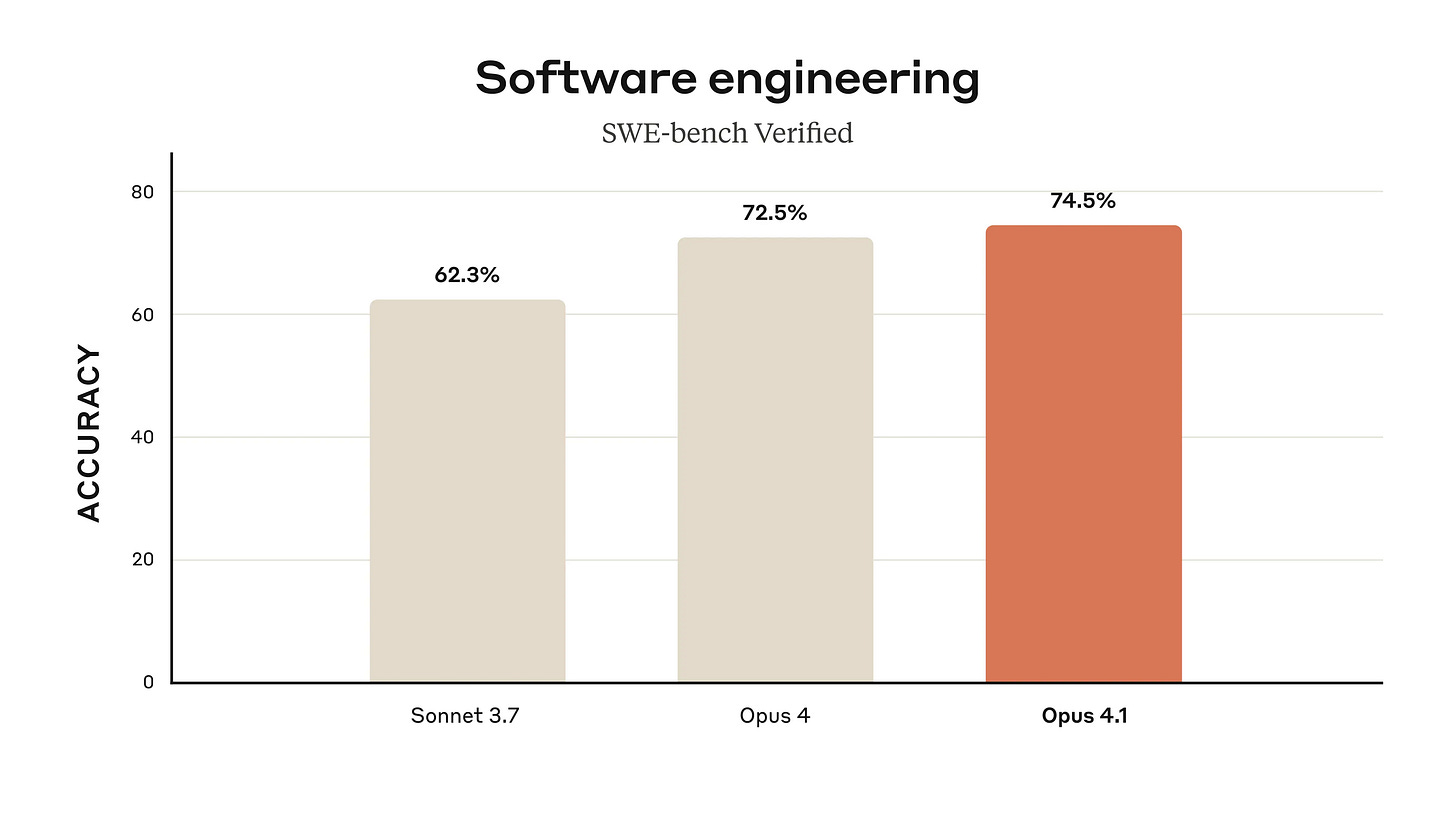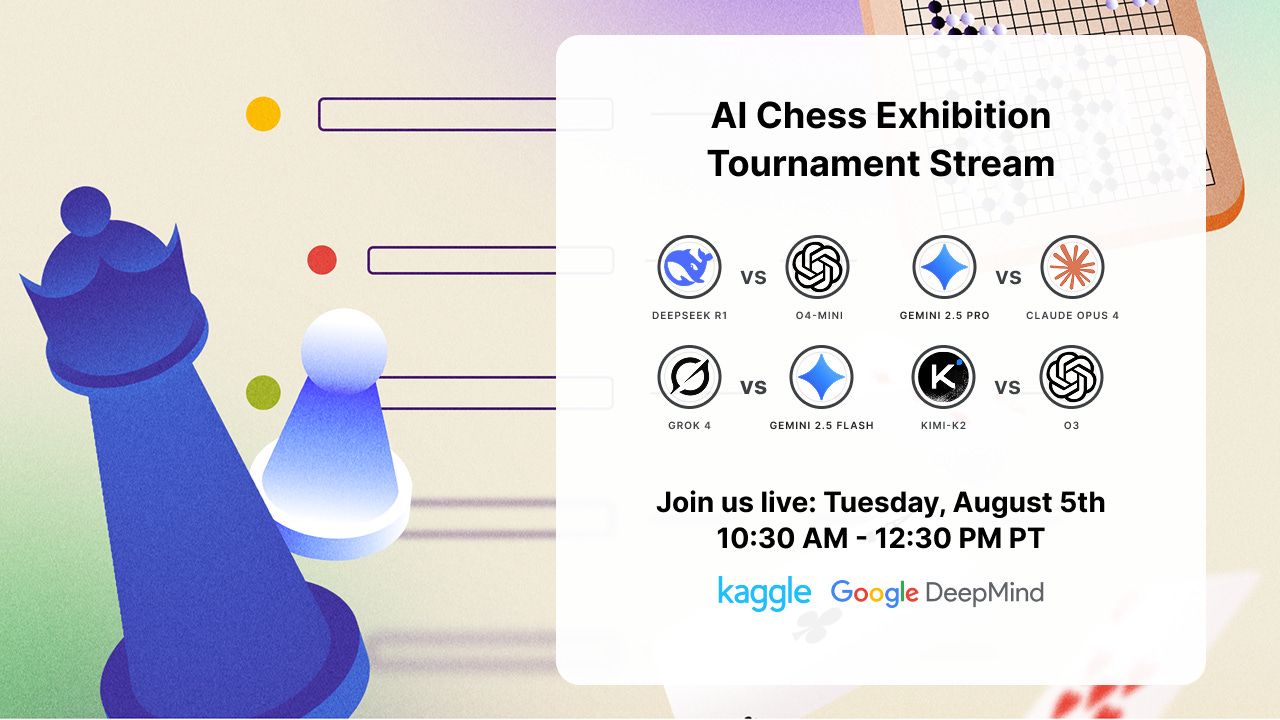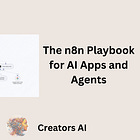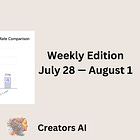GPT-5 is Here | Weekly Edition
PLUS HOT AI Tools & Tutorials
Hey there! Welcome to your latest Creators’ AI Edition
This week, GPT-5 arrives with a streamlined lineup and smarter reasoning, Google DeepMind debuts Genie 3 for fully interactive 3D worlds, and Gemini gets both a Guided Learning mode for students and a powerful new Deep Think upgrade. Anthropic pushes Claude Opus to 4.1, Google launches a competitive AI gaming arena, and its Perch model is helping conservationists protect endangered species. As always, we’ve packed in the top tools, guides, and bonus reads to keep you ahead of the curve.
Let’s dive in!
Featured Materials 🎟️
News of the week 🌍
Useful tools ⚒️
Weekly Guides 📕
AI Meme of the Week 🤡
AI Tweet of the Week 🐦
(Bonus) Materials 🎁
SOC 2, HIPAA, and more—in just 15 hours
Delve helps fast-growing companies get compliant with SOC 2, HIPAA, and more—in just 15 hours. Lovable, Cluely, and Bland all unlocked revenue fast. We’ll even migrate you from another platform. CreatorsAi readers get $1,000 off with code CREATORS1KOFF + free AirPods.
Featured Materials 🎟️
GPT-5 Is Here
OpenAI just unveiled the GPT‑5 family and is sweeping away its older models in one stroke, promising a smarter, faster, simpler lineup for everyone. There are three tiers: GPT‑5, GPT‑5 Pro, and GPT‑5 Mini—with GPT‑5 available to free users under limits (more for Plus, unlimited for Pro). A real‑time router decides when to “think” deeply, pushing state‑of‑the‑art results in coding, writing, math, and health tasks; Pro dials this up further with longer, parallel test‑time compute for the most thorough answers. Mini steps in when free or Plus users hit rate caps, so questions still get handled. OpenAI also says GPT‑5 hallucinates less, is less deceptive, and is more upfront about what it can and can’t do (look at all benchmarks here). Big picture: collapsing a messy roster into one flagship makes ChatGPT feel like a unified, PhD‑level assistant. Now, we see whether it can keep that edge as rivals close in.
And traditionally, our bouncing ball test, look how smooth GPT-5
Genie 3 Interacrive 3D Worlds
Google DeepMind has unveiled Genie 3, a breakthrough general-purpose world model that can generate fully interactive, physics-driven environments in real time from just a single text prompt, keeping characters and surroundings consistent throughout. Users can explore unique 720p worlds at 24fps, with the model’s one-minute visual memory ensuring continuity between scenes. Genie 3 dynamically computes past trajectory data multiple times per second, enabling smooth scene transitions and allowing users to modify the world on the fly, adding characters, placing objects, or even rewriting the rules of physics mid-session. Beyond gaming and entertainment, these consistent, reactive environments set the stage for large-scale embodied AI training, where agents can practice adapting to real-time “what if” scenarios much like humans do.
News of the week 🌍
Google As a Teacher
Google is expanding into education with a new Guided Learning mode for Gemini and free access to its $20/month AI Pro Plan for college students. Similar to ChatGPT’s Study Mode, Guided Learning serves as an interactive tutor, walking students through problems step-by-step rather than handing out direct answers. Developed with input from educators, it focuses on strengthening critical thinking skills and integrates images, videos, and interactive quizzes to reinforce understanding. To boost accessibility, Google is offering the AI Pro Plan free to students in select countries (including the U.S.) and committing $1B over the next three years to support AI training programs at U.S. colleges. The move reflects a growing shift by AI companies to position their tools as learning partners rather than shortcuts, following concerns, including findings from an MIT study, that direct AI answers may hinder cognitive development.
Google dropped Gemini 2.5 Deep Think
Google is rolling out Gemini 2.5 Deep Think. It’s a faster, more practical version of the multi-agent model that scored gold-medal performance at this year’s International Math Olympiad. Using parallel “thinking time” to explore and refine multiple ideas at once, it excels at complex coding, scientific reasoning, and iterative design. Early tests show state-of-the-art results on benchmarks like LiveCodeBench V6 and Humanity’s Last Exam. Ultra subscribers can now toggle Deep Think in the Gemini app for a limited number of daily prompts, with broader API testing to follow.
Claude Opus 4.1
Anthropic has rolled out Claude Opus 4.1, a targeted upgrade to Opus 4 that sharpens performance in real-world coding, in-depth research, and data analysis, especially for tasks needing precision and agentic execution. The new release lifts SWE-bench Verified scores from 72.5% to 74.5%, with further improvements across math, TerminalBench (agentic terminal coding), GPQA reasoning, and visual reasoning (MMMU). Early customer feedback highlights its strength in multi-file code refactoring and spotting correlations in complex codebases. Available now for paid users and enterprise clients, Opus 4.1 is positioned as the first step toward “substantially larger improvements” in Anthropic’s roadmap.
New AI Benchmark By Google
Google has launched Kaggle Game Arena, a competitive AI benchmarking platform where top models face off in strategic games to test reasoning, long-term planning, and problem-solving. The debut event is an eight-model chess tournament featuring contenders like Gemini 2.5 Pro and Grok 4, run entirely on Kaggle’s infrastructure with public leaderboards tracking results. Over time, the arena will expand to include more complex games such as Go and Poker, pushing models toward advanced strategic thinking. By shifting focus from static tests to dynamic, adaptive challenges, Google aims to reveal real-world reasoning capabilities and move AI closer to specialized gaming mastery.
Check the tournament here: YouTube
AI Helps to Save Endangered Species
Google’s updated Perch model helps conservationists analyze massive amounts of audio data, from bird calls to underwater reef sounds, faster and more accurately. Trained on nearly twice as much data, it now covers birds, mammals, amphibians, and human-made noise, and adapts better to diverse environments. Already integrated into tools like Cornell’s BirdNet Analyzer, Perch has enabled discoveries such as a new population of Australia’s endangered Plains Wanderer and sped up Hawaiian honeycreeper monitoring by 50×. Open-sourced on Kaggle, Perch combines vector search with “agile modeling” to let scientists build custom species classifiers in under an hour.
Useful tools ⚒️
Asteroid - AI browser agents for your back office, built in seconds
OpenAI Open Models - gpt-oss-120b and gpt-oss-20b open-weight language models
Eleven Music - The highest quality AI music model
Embeddable - Build interactive tools for your website with AI
SciSpace Agent - AI agent automating research with 150+ academic tools
SciSpace Agent, your Co-Scientist, unites hundreds of academic tools and databases in one platform. With a single prompt, it reads literature, analyzes data, drafts papers, cutting 90% of research time and accelerating your path from hypothesis to discovery
Weekly Guides 📕
Best practices to stop Claude Code being "dumb"
ChatGPT Agent Mode Use Cases You Must Know
Wan 2.2: The FREE AI Video Model That Beats VEO3? | ComfyUI Tutorial
AI Agents Tutorial for Beginners | How to Build AI Agents
AI Meme of the Week 🤡
AI Tweet of the Week 🐦
“Survival of the fittest”
(Bonus) Materials 🎁
6 Weeks with Claude Code: How Anthropic’s AI Is Reshaping Software Development
OpenAI outlines new ChatGPT features for “healthy use” and user well-being
Trump Is Launching an AI Search Engine
Google has released Gemini CLI GitHub Actions in beta
Anthropic introduces “persona vectors” to monitor and control AI personality shifts
If you missed our previous updates, don’t worry, here they are:



